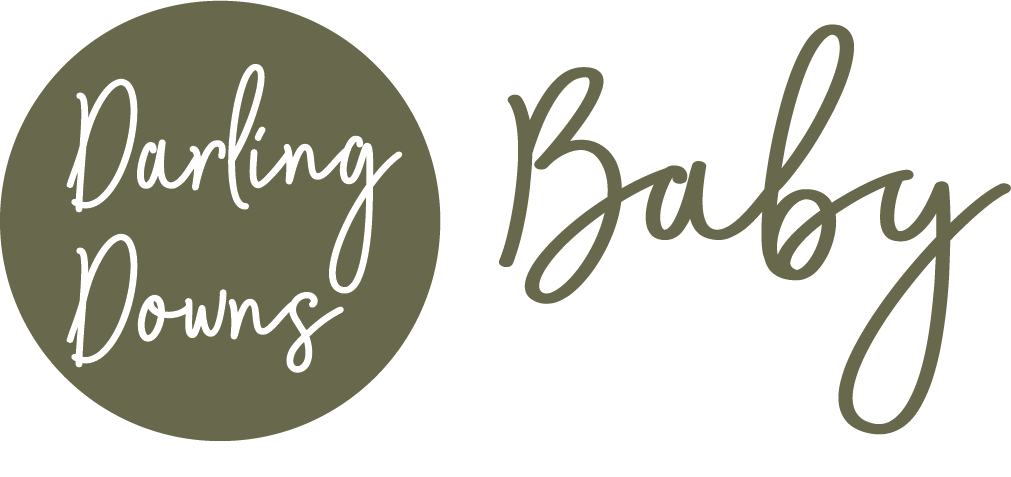
The secret to infant sleep? Look no further.
That got your attention didn’t it. Baby sleep gets so much focus and attention today. Almost from the minute you announce your pregnancy everyone is offering you advice on the how, what, where why of baby sleep. It’s overwhelming.
Well, I’ve got a secret for you, that you may not believe, because of all the mainstream information you’ll find out there from family, friends, health professionals or maybe even the lady at the supermarket who feels like she should tell you her remedy to sleepless nights.
You don’t have to resort to strategies that involve tears or strict schedules when you are looking to make a change with your baby or toddler’s sleep.
When we have a baby or toddler who has been “challenging” or “difficult” in the area of sleep – bed shared, catnapped, contact napped, was always on the boob, our common belief is that as parents we will either have to wait for them to grow out if it or eventually look to strategies that involve some sort of uncomfortable or unpleasant approach to “training” your baby, trying to stick to some one size fits all plan to see change.
Not true.
Understanding and applying the foundations of sleep science for babies & toddlers is, in my experience, the most effective way to see shifts in excessive night waking, bedtime battles, split nights and sleep resistance. But that isn’t what new parents are being taught out there.
Commonly we hear statements like “You need to teach your baby sleep independently” (often code for a version of cry it out).
“You need to good sleep habits”.
“Don’t create negative sleep associations”.
“Don’t feed to sleep or contact nap”
“Put your baby in the cot drowsy but awake” (Code for “If you’re feeding to sleep or contact napping , you’re to blame for any sleep challenges”)
“You need to stick to a good routine”. (Code for “you need a strict schedule that traps you at home all day”.)
Or my favourite “You need to teach your baby to self-settle”. Because I mean as adults, we definitely don’t co sleep with another person, enjoying a warm drink or favourite pillow (cue sarcasm).
Absolutely none of these suggestions consider sleep as biological or what to do
if your baby has disrupted sleep regulators.
See the most common cause of sleep concerns in the early years is disruption of the circadian clock, sleep pressure or both. Babies are all unique and have their own unique sleep needs, so approaching infant sleep can’t come from a one size fits all approach.
As an NDC (Neuroprotective Developmental Care) practitioner the process I use to address infant sleep concerns is:
1. Get an idea of your little one’s unique individual sleep needs.
2. Make adjustments to your day to reset/optimise the sleep regulators
(circadian clock and sleep pressure). This is not a strict schedule but rather a rhythm
3. Address any feeding concerns which may be impacting sleep
4. Ensure everyone is getting as much sleep as possible, looking at your family holistically
5. Review your own selfcare – which is not about massages & facials. What
does self-care look like for you in this moment, how can we practically get you more rest and fill your cup.
It’s ok to ask for help and say, “I’m really tired now and want to see some improvement” or “this isn’t working for our family anymore”. A healthy relationship with sleep can be achieved without strict schedules and sleep training.
So now the secret’s out.
There is an approach to your little one’s sleep that can align with your own values, is based on your baby’s unique biological needs and can bring you peace and joy in your parenting journey.
